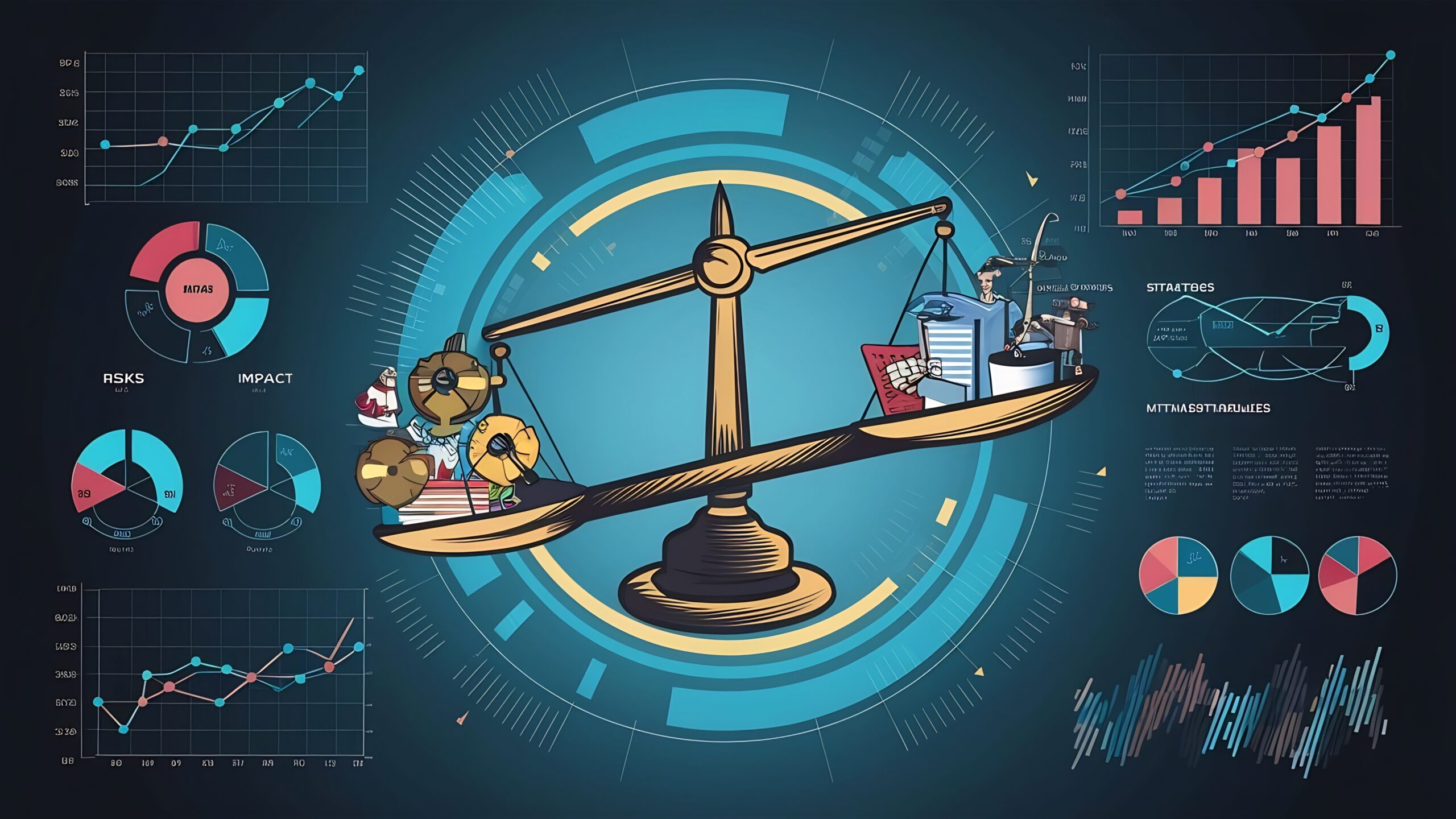
The landscape of SEO is rapidly evolving under the influence of artificial intelligence. Traditional SEO software was already significant, with a global market size estimated at USD 74.6 billion in 2024, projected to grow to USD 154.6 billion by 2030, reflecting a compound annual growth rate (CAGR) near 13.5%. Narrowing the focus, the AI-specific SEO market is estimated at USD 1.99 billion in 2024, expected to reach USD 4.97 billion by 2033. This rapid growth mirrors industry demand: 47% of marketers are leveraging AI SEO tools today, and 84% use them to predict emerging search trends, signaling broad adoption.
Artificial intelligence enhances SEO through automation and intelligent analytics. AI excels in advanced keyword research, analyzing search trends, and identifying content gaps—tasks previously done manually and time-consuming. AI can auto-generate meta-tags, optimize content using natural language processing (NLP), and ensure technical best practices like mobile responsiveness and page load speed are met. According to Influencer Marketing Hub, AI now automates around 44.1% of key SEO tasks, including content generation and keyword research, resulting in efficiency boosts and better ranking performance (nearly 49.2% improvement).

Data-driven studies show that AI-driven SEO tools deliver noticeable improvements. Metrics from users indicate that 17% of marketers saved more than 10 hours per week on repetitive SEO tasks. Meanwhile, HubSpot and Semrush report that 67% of SEOs recognize automation of repetitive tasks as the top benefit of generative AI, and 65% of businesses observed improved SEO outcomes after adopting AI. Furthermore, 75% of marketers utilize AI to reduce manual work around keyword research and meta-tag optimization. These statistics underscore that integrating AI not only saves considerable time but also enhances search visibility and content performance.
The rise of AI answer engines like ChatGPT, Google’s AI Overviews, and Perplexity has shifted the focus from traditional link-based SEO to what’s known as Generative Engine Optimization (GEO). This involves optimizing content not only for click-through rankings but for visibility within AI-generated responses. GEO strategies include structured content formatting, embedding AI-specific metadata (e.g., llms.txt), and ensuring content is machine-readable and well-cited. Financial Times reports that brands such as Ramp, Indeed, and Chivas are deploying tools designed to track and improve how often they are referenced in AI-generated answers—evidence of the shift toward proactive AI visibility. The Wall Street Journal notes that up to 80% of consumers now use AI-generated content for nearly 40% of their queries, fundamentally altering how we measure search success.

While AI-SEO offers strong benefits, it also poses limitations. Over-reliance on generative content can result in inaccurate or low-originality material that fails to meet standards like Google’s E-E-A-T (Experience, Expertise, Authoritativeness, Trustworthiness). Additionally, AI visibility is influenced by black-box algorithms; content may be deprioritized by models without clear rationale, necessitating ongoing experimentation and monitoring . This evolving landscape places continuous demands on SEO professionals to adapt, test, and confirm the relevance of AI-optimized content.
At Webface, we apply academic rigor and market insight to AI SEO strategies. Our roadmap is:
AI-Powered Diagnostics – Use AI tools to identify high-impact keywords, technical SEO bottlenecks, and content opportunities.
Intent-Focused Content – Craft content aimed both at human readers and AI crawlers, blending narrative quality with structured metadata.
A/B Testing with AI – Deploy experimentation frameworks to test meta tags, headings, and content variations, measuring performance via AI tools .
GEO Best Practices – Integrate structured data and AI-focused metadata to increase visibility in AI-driven answer engines.
Performance Tracking – Continuously monitor AI referral traffic and refine based on insights—similar to GEO analytics used by Athena, Profound, and Scrunch AI.
AI SEO is reshaping the search landscape from traditional ranking tactics to intelligent, AI-ready visibility strategies. It streamlines operations, boosts performance, and opens new channels of discovery. However, success lies in balancing automation with human oversight and brand alignment. At Webface, our data-driven approach ensures that your SEO presence is not only visible but authoritative—in both classic and AI-powered search environments.
Not all business models rely on e-commerce but many can benefit from them, especially those that already send goods to customers, whether they’re B2B or B2C enterprises.
We develop e-commerce websites using various platforms, such as WooCommerce, Shopify, and Magento depending on your specific requirements and preferences. We are experts in finding the best solution for your business.
The development timeline for an e-commerce website can vary depending on the complexity of the project, the number of features, and the level of customisation required. On average, it can take anywhere from a few weeks to a few months to complete an e-commerce website. We also offer express solutions if you're in a hurry.
The cost of an e-commerce website design depends on several factors, such as the complexity of the design, the features required, and the level of customization. We create custom e-commerce websites that fit your needs and budget. Reach out to us for a cost estimation.
We can integrate a variety of secure and reliable payment gateways into your e-commerce website, including popular options such as PayPal, Stripe, and WorldPay, among others.